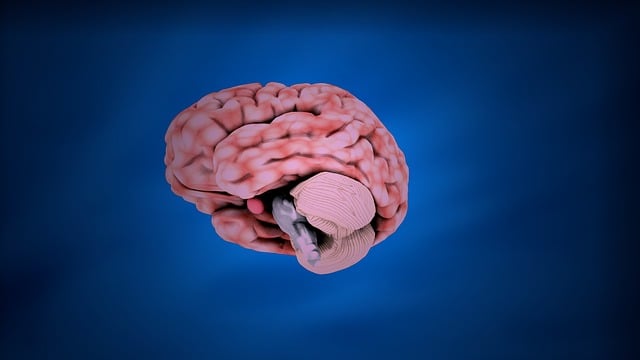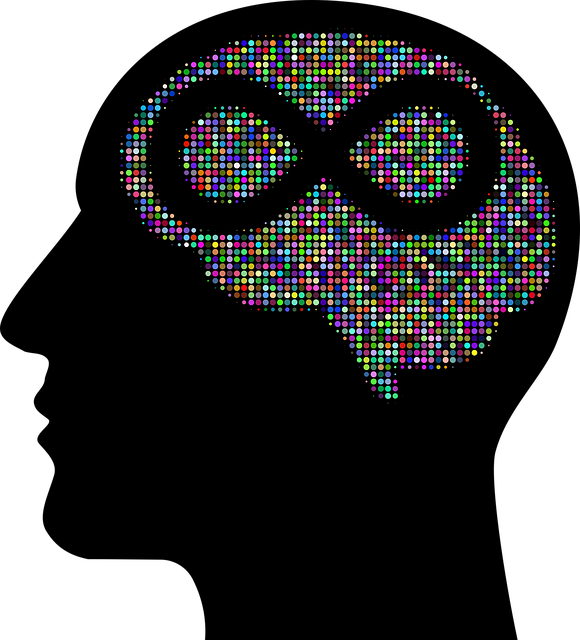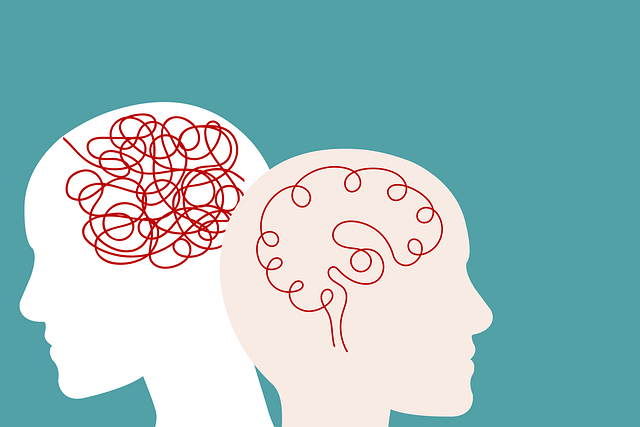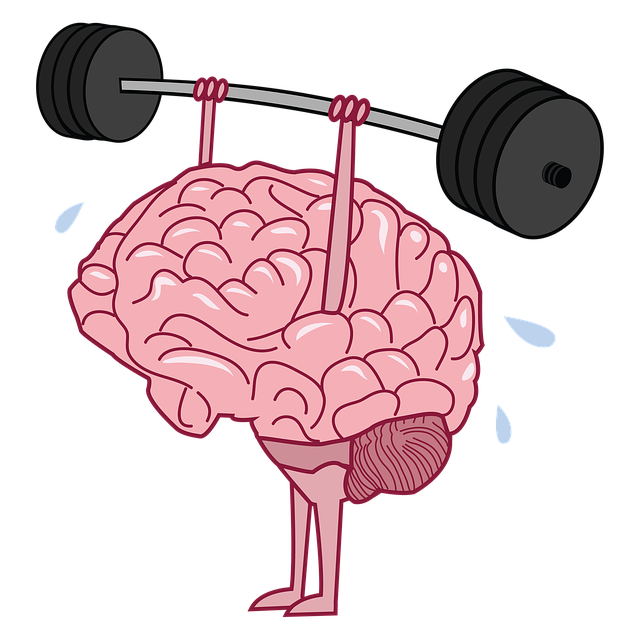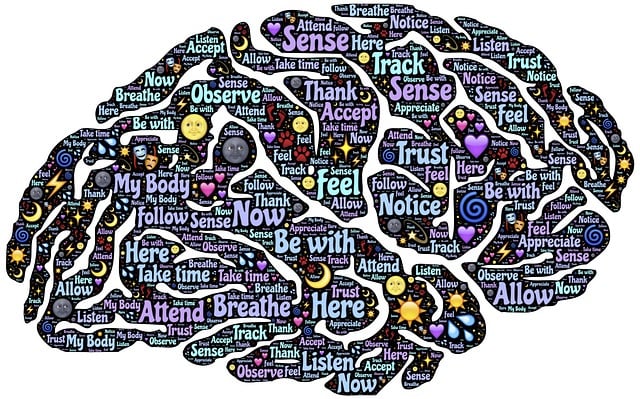Understanding mental illness representation in media, particularly OCD, requires critical analysis of current depictions. Media influence shapes societal attitudes, impacting treatment and perception of individuals with OCD. Northglenn Obsessive Compulsive Disorder Therapy centers observe media reinforcement of stereotypes, leading to fear and stigma. A balanced approach is crucial: accurate portrayals foster empathy, while community outreach programs promote open dialogues about mental wellness. Collaboration between healthcare providers, media creators, and individuals living with OCD (like those in Northglenn) is essential for evolving representations. This includes culturally competent training and responsible content creation, challenging stereotypes and promoting emotional well-being through self-care practices like those seen in Northglenn's innovative therapy programs. By engaging communities and experts, we can achieve more accurate, empathetic media portrayals of OCD therapy, reducing stigma and encouraging support.
In today’s digital era, media representation of mental illness plays a pivotal role in shaping public perception. This article delves into the challenges posed by inaccurate portrayals and stereotypes surrounding mental health, particularly focusing on Northglenn Obsessive Compulsive Disorder (OCD) therapy. We explore case studies like these to highlight effective strategies for positive media depictions. Furthermore, we discuss the importance of community and professional involvement in fostering change, aiming to revolutionize how mental illness is portrayed and understood.
- Understanding Mental Illness Representation in Media
- The Impact of Stereotypes and Misconceptions
- Northglenn Obsessive Compulsive Disorder (OCD) Therapy: A Case Study
- Effective Strategies for Positive Portrayals
- Fostering Change: Involving Communities and Professionals
Understanding Mental Illness Representation in Media

Understanding Mental Illness Representation in Media involves recognizing how conditions like Obsessive Compulsive Disorder (OCD) are depicted across various platforms. Often, media portrays mental health issues with stereotypes and inaccuracies, which can impact public perception significantly. This is particularly concerning as media has a vast reach, shaping societal attitudes and influencing how individuals with OCD or other mental illnesses are viewed and treated. For instance, Northglenn Obsessive Compulsive Disorder Therapy centers have noted that media’s portrayal of OCD sometimes reinforces the notion of it as a mere quirk or something easily curable, far from the complex, chronic condition it actually is.
A balanced approach is essential in media representation. By showcasing the reality of living with mental health challenges, including the struggles and victories, media can foster empathy and understanding within communities. Community Outreach Program Implementation strategies can play a vital role here by encouraging open dialogues about mental wellness. Through educational initiatives and Stress Management techniques, media can contribute to Emotional Well-being Promotion, ensuring accurate representation that respects the lived experiences of individuals battling mental illnesses like OCD.
The Impact of Stereotypes and Misconceptions

The media’s portrayal of mental health conditions often reinforces stereotypes and misconceptions that can significantly impact public understanding. When depicted through skewed lenses, individuals with mental illness are frequently portrayed as dangerous, unpredictable, or even superpowered, leading to a distorted view of reality. Such representations may discourage people from seeking help for their own struggles by fostering fear and stigma. For instance, the portrayal of Obsessive-Compulsive Disorder (OCD) in popular culture often focuses on extreme and simplistic symptoms, missing the nuanced nature of the condition. This can mislead viewers into believing that OCD is only about compulsive handwashing or counting, ignoring the vast spectrum of manifestations that Northglenn OCD therapy professionals encounter.
Addressing these stereotypes requires a concerted effort from media creators and healthcare providers alike. Healthcare Provider Cultural Competency Training can play a pivotal role in enhancing understanding and promoting accurate representations. By recognizing their influence, media platforms can contribute to Mental Health Awareness campaigns, ensuring content reflects the diversity of mental illness experiences while advocating for Burnout Prevention strategies among both creators and consumers.
Northglenn Obsessive Compulsive Disorder (OCD) Therapy: A Case Study

In the heart of Northglenn, a pioneering therapy program for Obsessive Compulsive Disorder (OCD) is reshaping lives and challenging societal perceptions. This case study highlights an innovative approach that integrates traditional therapy with self-care practices to address OCD. The program focuses not only on symptoms reduction but also on fostering self-esteem improvement and facilitating emotional healing processes, which are often overlooked in mainstream OCD treatment.
Through tailored therapies, participants learn coping mechanisms to manage their symptoms while exploring personal growth opportunities. This holistic approach ensures that individuals with OCD receive comprehensive support, enabling them to lead fulfilling lives. The Northglenn OCD Therapy initiative serves as a beacon of hope, demonstrating the potential for transformative self-care when combined with professional guidance.
Effective Strategies for Positive Portrayals

In representing mental illness in media, a shift towards positive and accurate portrayals is crucial. This involves collaborating with mental health experts to ensure the authenticity of stories and characters. By incorporating real-life experiences and seeking input from individuals living with conditions like Northglenn Obsessive Compulsive Disorder (OCD) through therapy, media creators can challenge stereotypes and foster empathy among audiences. Encouraging open conversations about mental wellness and emotional regulation is key to this process.
Positive thinking is enhanced when media portrays diverse mental health journeys, showcasing the resilience of individuals and the potential for growth. This approach not only educates viewers but also promotes a culture of support and understanding. It empowers people to recognize their own struggles and seek help, knowing that they are not alone in their experiences, thereby improving overall emotional well-being.
Fostering Change: Involving Communities and Professionals

In challenging the stigmatization of mental illness in media, fostering change requires collective effort from both communities and professionals. By involving local Northglenn communities, individuals with lived experiences, and mental health experts, we can create more accurate and empathetic representations. This collaborative approach ensures that stories and portrayals reflect reality, breaking down barriers and promoting understanding. Community engagement facilitates open dialogues about mental health, encouraging early interventions and reducing the societal stigma associated with seeking therapy for disorders like Obsessive Compulsive Disorder (OCD).
Professionals play a pivotal role by providing factual insights and expertise. Therapists, counselors, and psychiatrists can offer evidence-based strategies such as stress management techniques and conflict resolution skills to counter stereotyped depictions. By actively participating in media discussions and sharing their knowledge, these professionals can educate the public about various mental health conditions, including OCD, and highlight effective treatment options. This two-pronged approach—community involvement and professional guidance—is essential for creating sustainable change, fostering empathy, and encouraging depression prevention through accurate representation in media.
In conclusion, improving mental illness representation in media is a multifaceted challenge. By understanding the current landscape, confronting stereotypes, and adopting effective strategies for positive portrayals, we can foster a more accurate and compassionate narrative. The case study of Northglenn Obsessive Compulsive Disorder (OCD) therapy highlights the potential for media to either perpetuate or alleviate misconceptions. Involving both communities and professionals is essential to drive meaningful change, ensuring that media reflects the diverse experiences of those living with mental health conditions.



